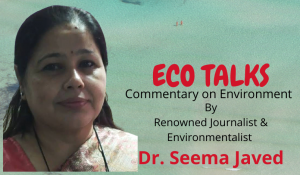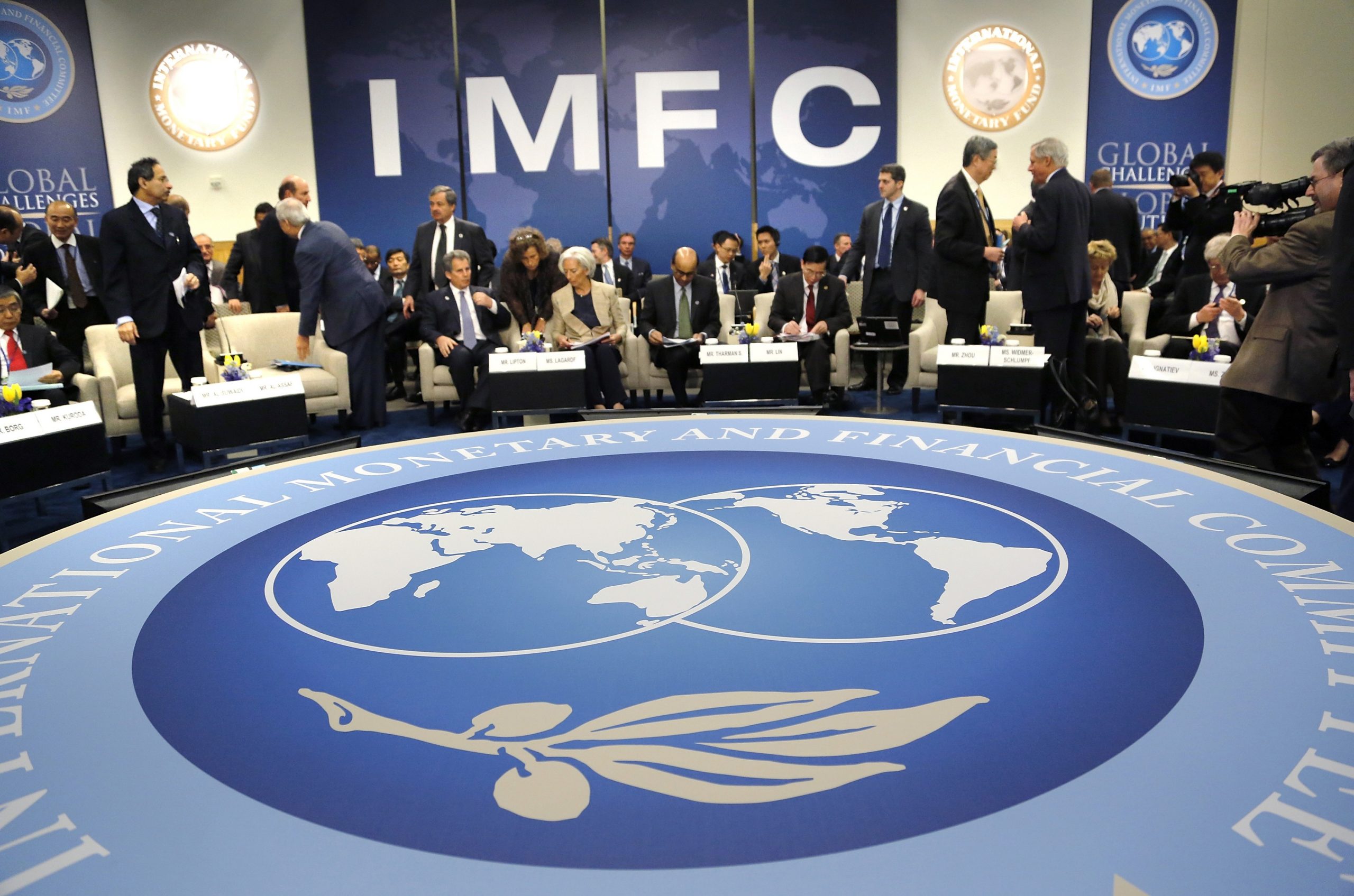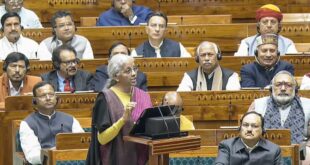 The International Monetary Fund (IMF) has undermined global climate action by promoting fossil fuel expansion through its policy advice, locking developing countries into a reliance on dirty coal and gas that is harming their economies and the planet.
The International Monetary Fund (IMF) has undermined global climate action by promoting fossil fuel expansion through its policy advice, locking developing countries into a reliance on dirty coal and gas that is harming their economies and the planet.
A new research by ActionAid USA and the Bretton Woods Project reveals how policy advice given to countries by The International Monetary Fund (IMF) undermines global climate goals by advising to invest in fossil fuels.
Project shows the IMF has told over half of member countries to expand fossil fuel infrastructure since the Paris Agreement.
The report, IMF Surveillance and Climate Change Transition Risks is based on analysis of all 595 Article IV reports conducted in the IMF’s 190 member countries between the signing of the Paris Agreement in December 2015 and March this year. Article IV reports contain policy advice to countries that shapes their economies for years to come.
Recommendations from ActionAid and Bretton Woods Project to IMF include working towards eliminating subsidies for fossil fuel producers and increasing investments in renewable energy.
An extensive new analysis has found that, despite its ambitious statements on climate change, the International Monetary Fund(IMF) continues to block action on climate change with its influential economic analysis and policy advice to national governments around the world. Since The International Monetary Fund (IMF) has unparalleled influence on the domestic policy of many countries.

The analysis, published by ActionAid USA and Bretton Woods Project finds that, since the Paris Agreement was reached in 2015, the IMF has: – In more than half of all member countries (105) the IMF’s policy advice – since world leaders agreed to limit global warming to 1.5C through national action to reduce emissions – has supported the expansion of fossil fuel infrastructure. This leaves countries at risk of being left with ‘stranded assets’, such as coal plants that lose their value due to competition from clean energy, while setting a polluting pathway at odds with global climate goals and a just transition to renewables
In a third of countries (69), the IMF has advocated for the privatization of state-owned energy or electricity utilities to reduce public spending. Privatization can bind governments to long-term agreements with foreign investors and make it difficult for them to end fossil-based energy.
A third of all countries were advised to end energy subsidies – an area that the IMF is increasingly positioning as a first step to decarbonizing economies. But the research found that the advice focuses mainly on consumer subsidies rather than ending benefits for fossil fuel production. With few alternatives to fossil-based energy and transport in most developing countries this is unlikely to reduce emissions at scale, while pushing costs onto the shoulders of ordinary citizens – rather than tackling the generous subsidies given to fossil fuel companies.
By contrast, the IMF does not tend to advise cutting the generous subsidies to fossil fuel supply companies.
“There was excessive optimism around fossil fuel revenue streams and potential growth opportunities. Fossil fuel industries were frequently mentioned as investment or growth opportunities in many African countries with growing extractive industries, including Ghana, Tanzania, Uganda and Mozambique.” says the report. “For instance, citing coal reserves valued at $1 trillion, the 2017 Article IV report for Mongolia encourages coal extraction as an opportunity to export to Chinese power plants, if “China downsizes its own coal industry for environmental reasons”.
IMF policy advice has largely ignored the potential macro-stability issues related to coal in Indonesia, despite the country’s heavy exposure to this fossil fuel. Indonesia has 52 coal plants at the pre-construction stage, second only to China globally.
This overreliance on coal, presents a clear and immediate risk that the coal mines will become a stranded asset. One analysis of 2,500 coal plants globally found that 73% of coal mines will have lost their value by 2025.
Meanwhile, the Fund has pushed privatization of the energy sector.
The IMF’s shift towards climate issues will have important implications for member countries that receive its policy advice. But this presents a direct challenge to the IMF’s policy orthodoxy, which tends to be centred on ensuring reduced public spending and increasing export revenues, often through carbon-intensive sources.
Jon Sward, Environmental Project Manager of the Bretton Woods Project, says: “The International Monetary Fund has been a vocal supporter of the need for a low-carbon transition in recent months, but this report shows the IMF’s Article IV surveillance since the Paris Agreement was signed has largely supported business as usual, deepening many countries’ dependence on fossil fuels.
“As the IMF begins the process of creating new guidance for its staff on how to integrate climate change into its surveillance, it must develop new policy frameworks that are inclusive and ensure low- and middle-income countries have the fiscal space they need to deliver a just energy transition for their citizens.”
ActionAid and the Bretton Woods Project argue that the IMF should, at minimum, ensure its policy recommendations do not exacerbate inequalities or undermine countries’ efforts to act on climate.
One way the IMF should do this, the groups say, is to assess countries’ transition risks as the global economy shifts away from fossil fuels towards renewable energy – and to help mobilize resources for a just energy transition. The IMF should improve national level consultation on Article IVs, including with civil society organisations, women’s rights groups, trade unions, climate groups and indigenous peoples’ organisations, in an effort to integrate social dialogue into surveillance and the design of lending programmes.
Also Read : Climate change made floods like disaster in western Europe up to 9 times
Also Read : The shared legacy of Hindu and Muslim communalism against Indian patriotism
Niranjali Amerasinghe, ActionAid USA Executive Director and climate finance expert, says: “The world is on the brink of ecological collapse. The International Monetary Fund must act now to make sure countries have the fiscal space to implement their climate plans and achieve the Sustainable Development Goals.The International Monetary Fund should ensure its policy advice makes it easier, not harder, for countries to transition to renewable energy. A just energy transition looks like policy frameworks that actually address inequalities. It looks like inclusivity and participation. It looks like transforming energy systems to work for people and the planet.”
 Jubilee Post News & Views
Jubilee Post News & Views





